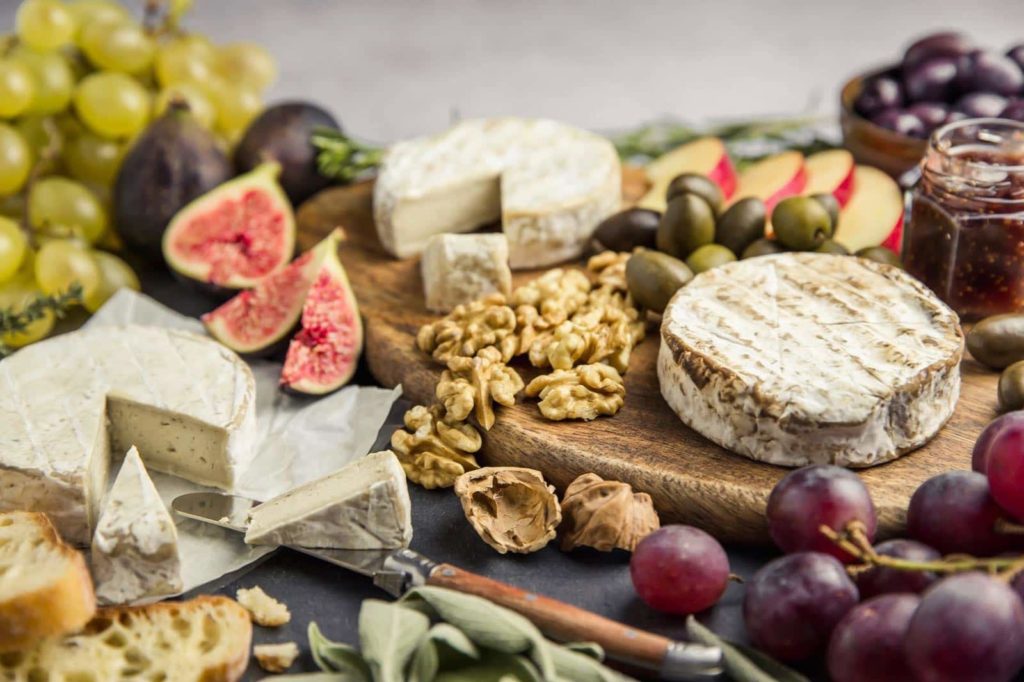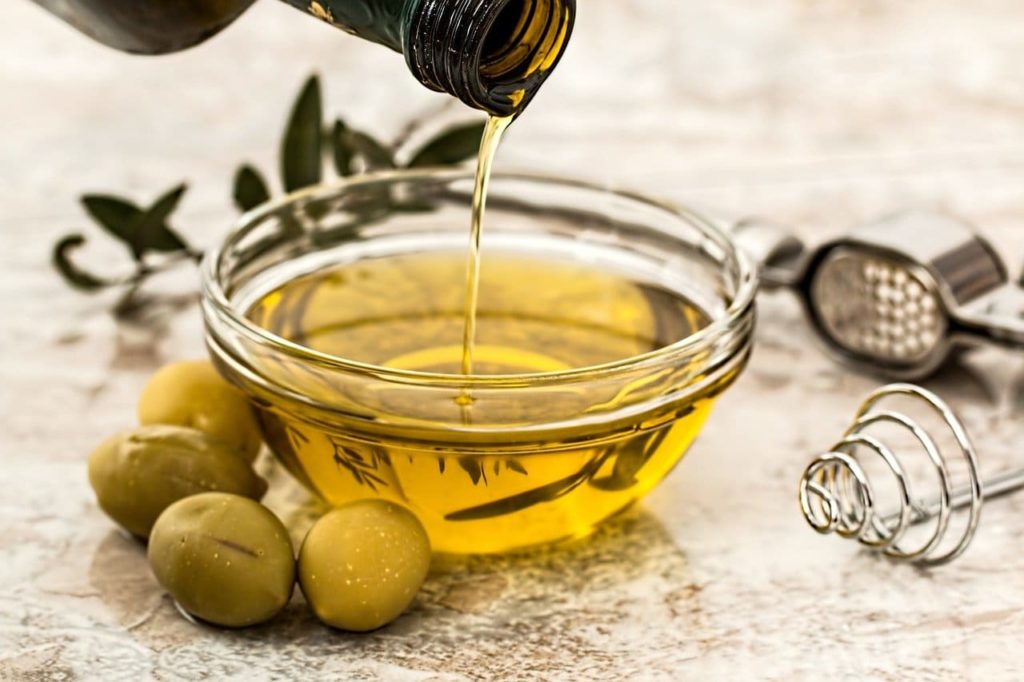In fact, according to most of these surveys, including the one conducted by the Whole Foods Market, in 2021 we will see a strong comeback of the consumption of plant-based foods, considered healthier and more balanced.
The year 2021 should indeed bear fruit of an improved diet. We can already see how quickly the food industry is adapting to changes in consumer behaviour. This is a response to consumers who increasingly wish to favour ‘healthy’ foods.
According to the study carried out by Proveg in 9 different countries, including France and the United Kingdom, plant-based food are gradually gaining ground.
This survey, carried out individually in each country, made it possible to ask the opinions of 6,221 consumers. It turns out that 78% of those questioned already prefer a plant-based diet. 24% of them reduce or try to reduce their consumption of meat and everything that is derived from it.
Plant-based cheese flourishes in France
Those who wish to reduce their consumption of animal-based foods also want to find ready-made meals with a high vegetable content. We cannot ignore the growing market share of dairy products of plant origin such as:
- Cheese, with 67% of consumers in the UK.
- Margarine, consumed by 80% of Danes.
- Yogurt, preferred by 82% of respondents in Belgium.
When the investigators questioned the sample of the population on the food they want to see more on the shelves, some responded in particular: “vegan cheese”. This answer is recurrent, especially among people who already have a plant-based diet. Not surprisingly, then, in France, plant-based cheese brands have flourished for a few years, such as Petit Veganne, Les Nouveaux Affineurs or Tomm’Pousse … and we could see new ranges develop!

Breakfast revisited in a 100% vegetable version
With the routine, many tend to skip the essential meal to start the day on the right foot. In the context of confinement, families have rediscovered the joys and benefits of breakfast. Today, with the predominance of teleworking, employees are regaining a taste for having this first meal of the day by making it as complete as possible.
Different brands have launched their range of healthy breakfasts. This is the case with nüMorning, a young brand of granola, 100% plant-based, organic and gluten-free. In the same spirit, we also find Loumäe, the biscuit-shaped cereal brand, for healthy and crispy breakfasts.

Fermented products back in the daily diet
Another fact that will mark the shopping basket in 2021: the skyrocketing consumption of fermented products. The first method of preservation invented by man, fermentation is found in many well-known foods. Fermented foods have been one of the food trends of the last few years and the forecast for this market is on the rise.
According to a study by BIS Research, the market for fermented products and ingredients showed an average annual growth of 4.98%, a trend that is also confirmed for the French market. It is indeed in France that there are the most product and drink launches with the “fermented product” claim throughout the world.
Several French brands quickly addressed the issue to meet the potential needs of customers. These include Les Jarres Crues. This Bordeaux-based company offers jars of lacto-fermented vegetables from organic vegetables from local producers.

Vegetable oils back on the table
If for years we have been used to olive oil and its virtues, in 2021, we will welcome new edible oils: not to be neglected in our nutritional intake. Sources of essential fatty acids, vegetable oils are interesting in many ways.
The 2021 menu will thus be embellished with more tastes and colours. Headlining: pumpkin seed oil, sunflower oil and sesame oil.

Spirulina in the French spotlight
Superfoods are on the rise. This is particularly the case with spirulina, wrongly considered to be algae. Not really plant nor quite animal, it is actually microscopic photosynthetic bacteria of blue colour. Most of the time, spirulina is dried and then crushed.
Since we know the nutritional value of spirulina, its worldwide consumption has increased considerably. Thus, spirulina will see its production double in France, according to a study by the Fédération des Spiruliniers de France and Darwin Nutrition.
According to Agro-Media, the turnover of spirulina producers quadrupled between 2015 and 2020.
The first peculiarity of this market: many small producers spread across France make up this market. Second characteristic: these producers primarily target local markets.
Result: spirulina is a food sold mainly within short circuits. The absence of intermediaries ultimately helps to preserve good margins for the producers. This is another reason that pushes this market to develop vigorously.

In conclusion, plants are a safe bet. If last year started under the worst auspices, we can’t say the same about its outcome, which has brought plants back to the forefront. If the billion- year-old superfoods have managed to find their way to the plate again, we can only be delighted with our taste buds. Conservation techniques have also been improved, if not revisited. Fermentation, drying and salting will also become the major food trends for the years to come, starting in 2021. In France more particularly, these trends are additional levers for relaunching local trade and making our dishes greener on a daily basis. All these thanks to a plant-based diet, which is both healthy and essential to our daily lives.
Translated by Malvika Kathpal





